The Yale Center for Dyslexia & Creativity [web resource] [downloadable]
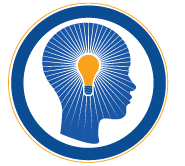 The Yale Center for Dyslexia & Creativity conducts dyslexia research, and it is a leading source of advocacy and information to better the lives of people with dyslexia. Read more ›
The Yale Center for Dyslexia & Creativity conducts dyslexia research, and it is a leading source of advocacy and information to better the lives of people with dyslexia. Read more ›

 Talk. They Hear You.
Talk. They Hear You.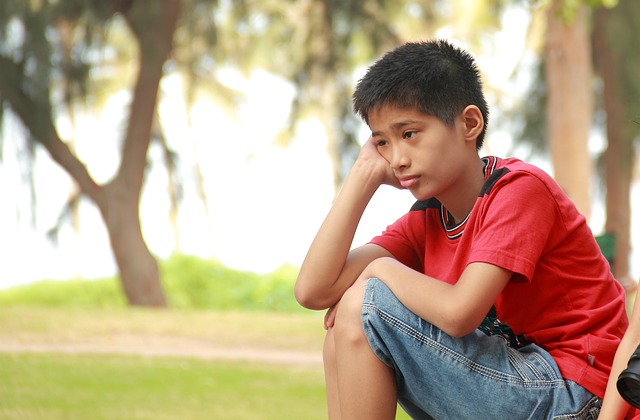
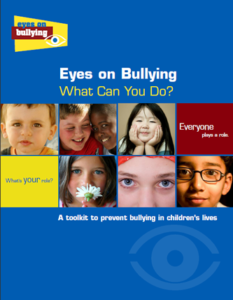
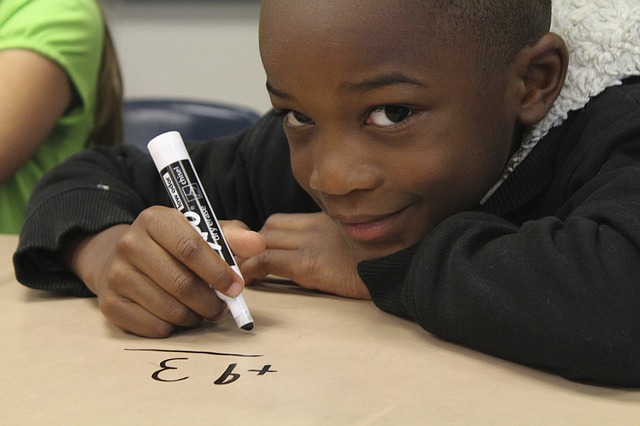
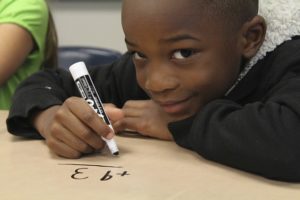 The
The 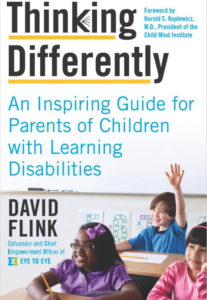 In
In 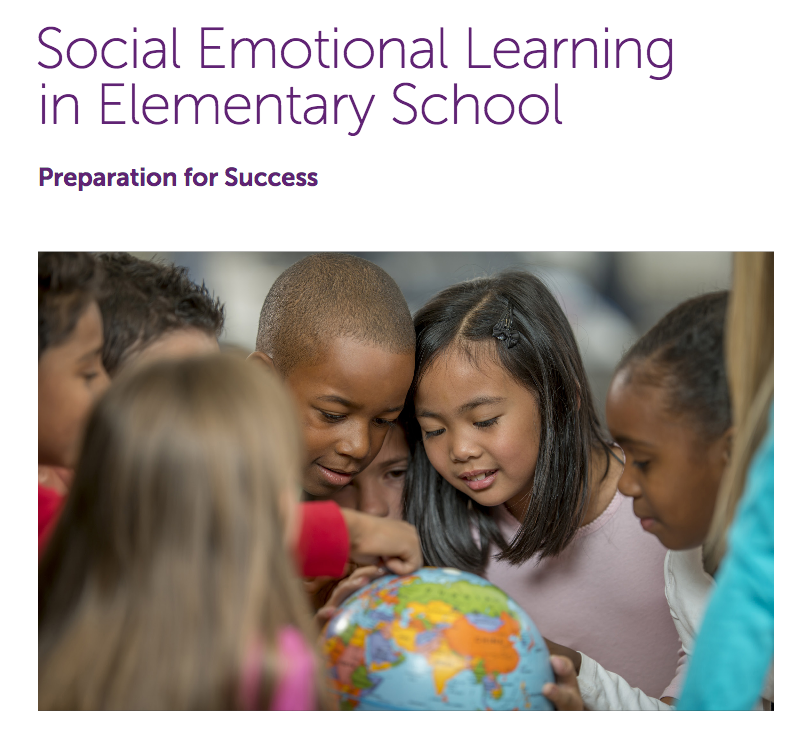
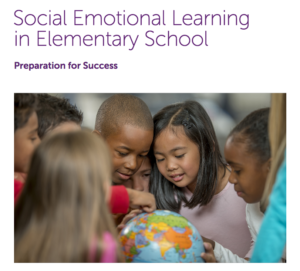 Social and Emotional Learning in Elementary School, produced by
Social and Emotional Learning in Elementary School, produced by 
 Anxiety disorders in children are not uncommon; in fact, some studies indicate that as many as 1 in 8 children experience anxiety that impedes their social, personal and academic functioning.
Anxiety disorders in children are not uncommon; in fact, some studies indicate that as many as 1 in 8 children experience anxiety that impedes their social, personal and academic functioning. 
 The Anxiety and Depression Association of America estimates anxiety-based school refusal
The Anxiety and Depression Association of America estimates anxiety-based school refusal 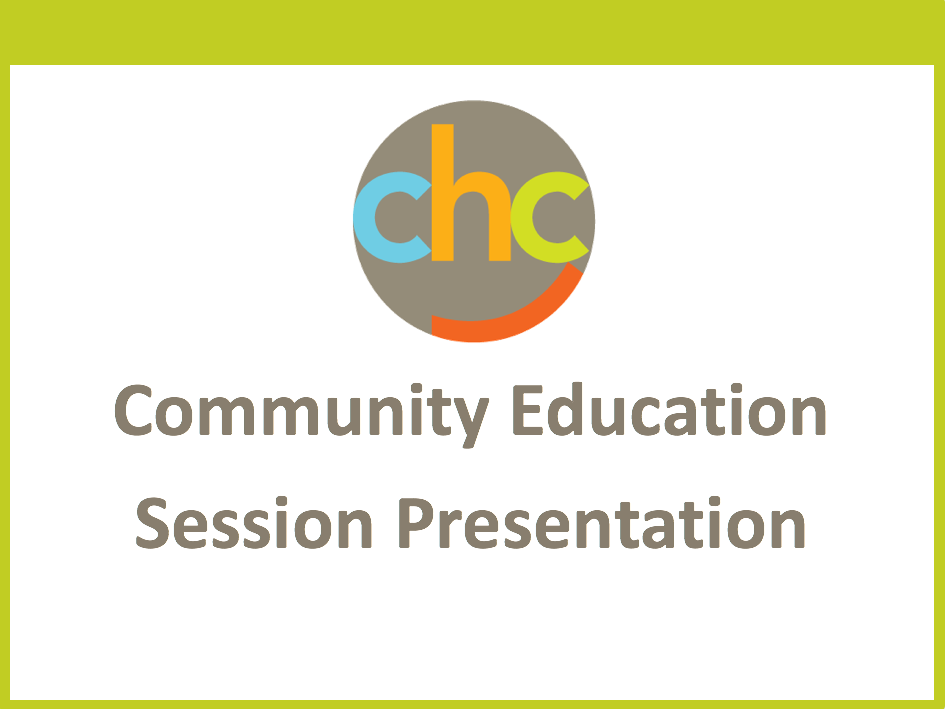
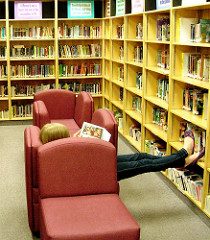
 There have been numerous studies showing that people who read fiction have
There have been numerous studies showing that people who read fiction have 

